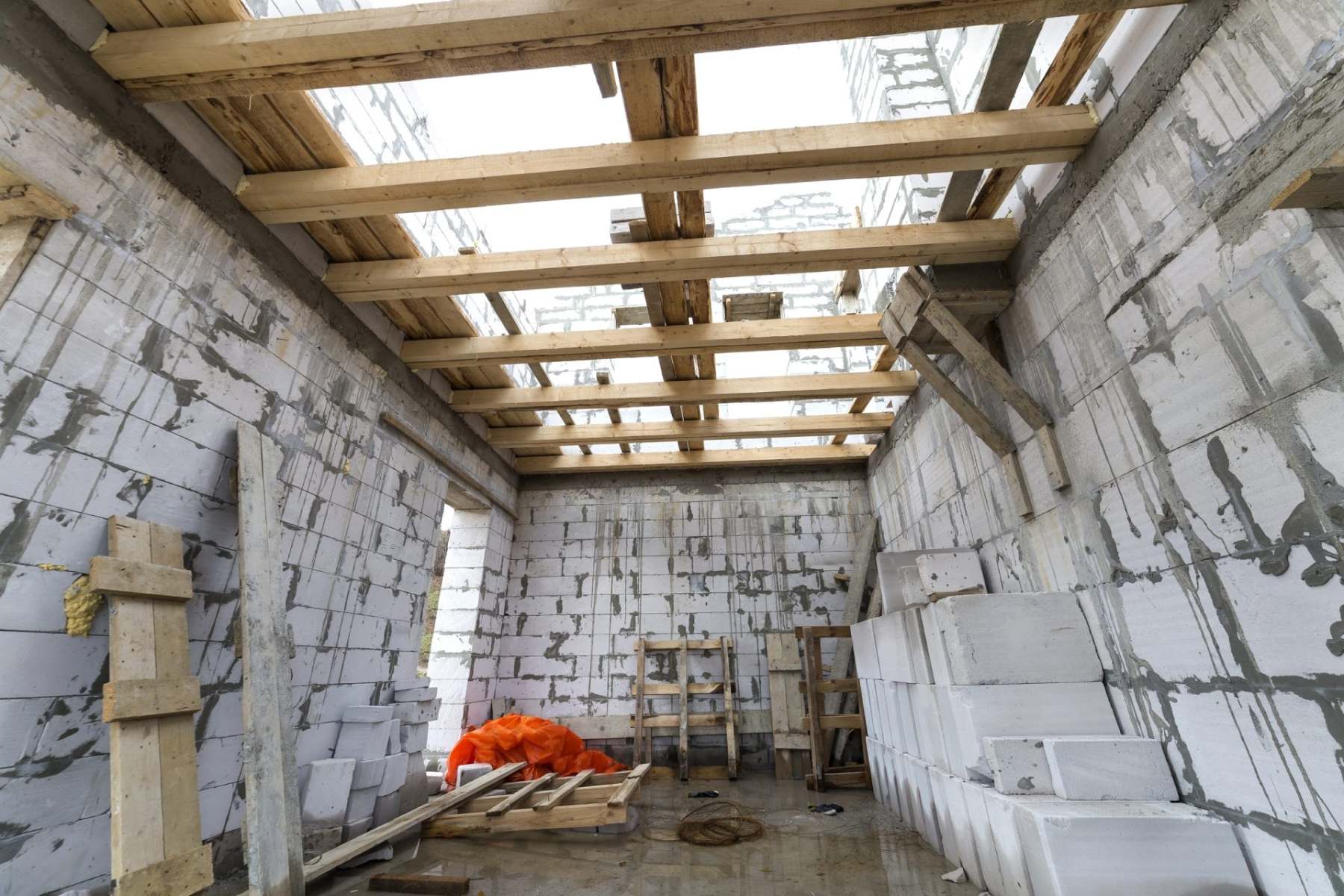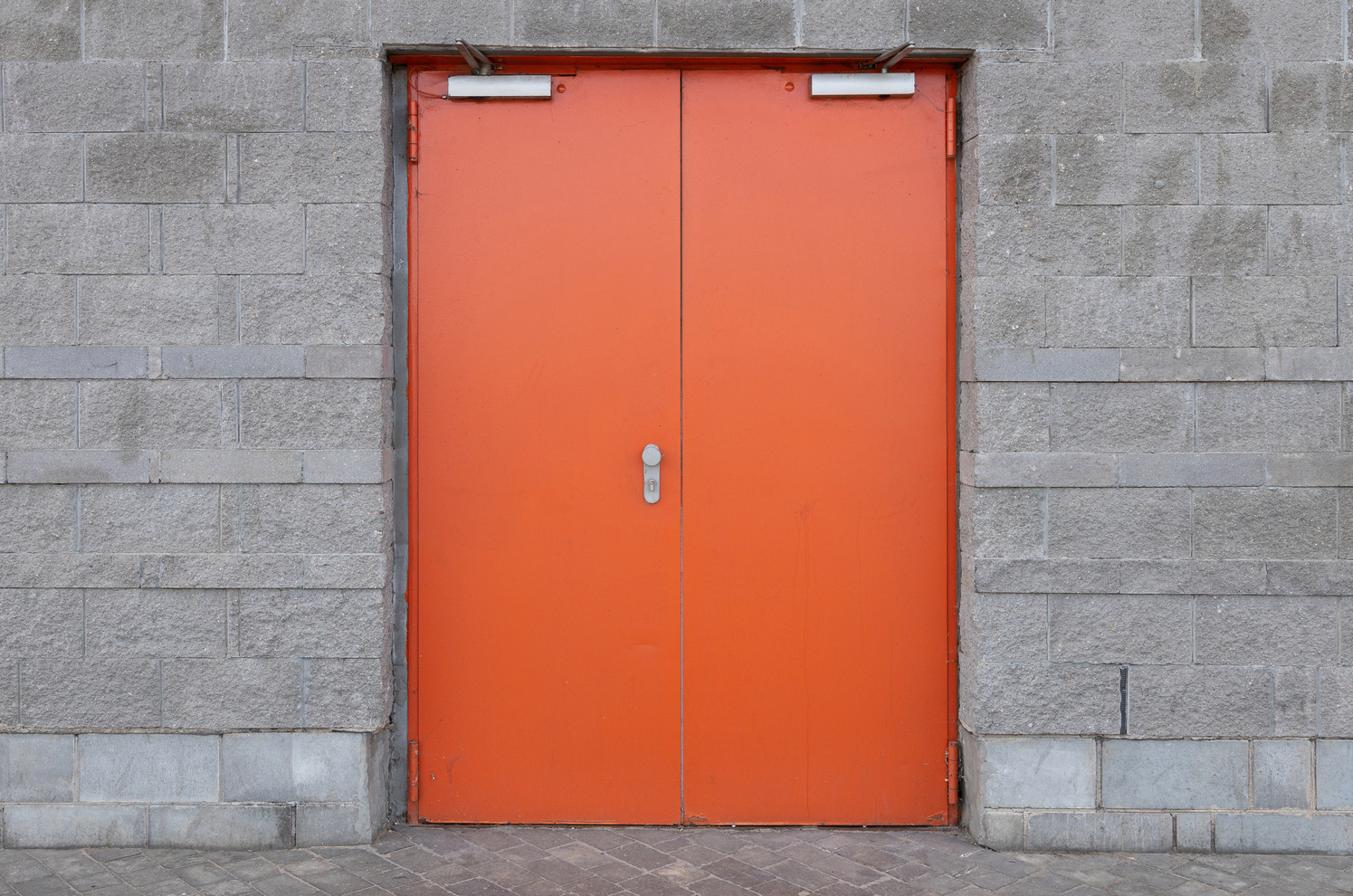When you plan house extensions in Worthing, energy efficiency may not be the first thing that comes to mind. Yet, it plays a huge role in long-term comfort, energy bills, and even your property’s value. A house extension changes how heat moves through your home, which directly influences your Energy Performance Certificate (EPC) rating.
Homeowners now look beyond extra space. They want extensions that make homes greener, cheaper to run, and more appealing on the market. Understanding how EPC ratings work for extensions helps you make informed design choices.
With the right approach, an extension can add more than just square footage. It can transform how efficiently your home performs. That’s why energy planning is just as important as layout or style.
Why EPC Ratings Matter?
Your EPC rating affects more than compliance. It shapes energy costs, mortgage eligibility, and overall property value. A poor rating highlights energy wastage, while a strong score shows efficiency.
Key reasons EPC ratings matter include:
- Lower running costs through reduced energy consumption.
- Higher appeal to buyers in a competitive property market.
- Compliance with UK energy regulations and building standards.
With the right design, house extensions can improve rather than harm these outcomes.
The Role of Insulation and Building Materials
The materials you use for your extension make the biggest difference to energy efficiency. High-quality insulation keeps heat indoors, while poor materials cause higher bills.
Here are some of the best practices to follow:
- Using cavity wall and roof insulation to minimise heat loss.
- Installing double or triple-glazed windows for better retention.
- Choosing sustainable and energy-rated materials that reduce environmental impact.
Even small changes, like upgrading doors, can push your EPC score higher.
Heating, Lighting, and Ventilation Choices
An extension provides the chance to rethink heating and ventilation. The systems you select influence comfort and EPC ratings.
Energy-efficient options include:
- Underfloor heating that runs at lower temperatures.
- LED lighting for reduced electricity use.
- Mechanical ventilation with heat recovery (MVHR) systems to balance airflow and conserve heat.
These upgrades not only improve EPC results but also lower day-to-day costs.
Long-Term Value of Energy-Conscious Extensions
While extensions create space, they also affect your property’s long-term worth. Homes with higher EPC ratings often secure better selling prices. According to Money Super Market, improving an EPC rating from band G to band E can increase property value by up to 14%.
Well-planned house extensions also future-proof homes against tightening energy regulations. As buyers grow more energy-conscious, this investment pays off in both comfort and resale value.
Smart planning ensures that extensions improve rather than harm energy performance. By focusing on insulation, efficient systems, and long-term savings, you can create more space while enhancing comfort and property value. When designed with care, house extensions in Worthing can increase both energy efficiency and market appeal.
If you’re planning a house extension, speak with Creative IP for expert advice and tailored design solutions that support both style and sustainability.



